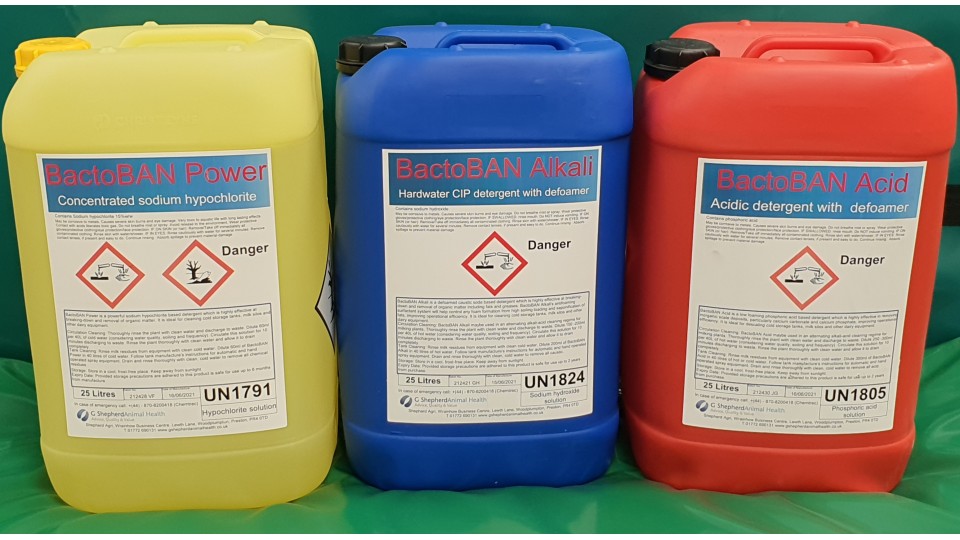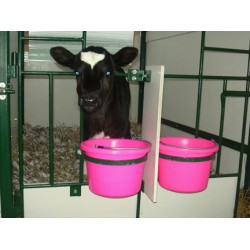Further to what was already in place to control access to chemicals like inorganic fertilisers, the latest controls are The Control of Poisons and Explosive Precursor Regulations 2023. These regulations come into effect on the 1st October 2023 across Scotland, Wales & England.
Dr Graham Shepherd of G Shepherd Animal Health fills us in on the reasons behind and the new controls that have been put in place. He asks that you do not ‘shoot the messenger’ but be prepared for something new when you come to get supplies of some farm inputs.
Dr Shepherd explains “The background and driving force behind these new regulations are the fact that homemade explosive devices were used in both the 2017 Manchester Arena and Parsons Green explosive attacks. The new regulations list various chemicals that could be used to make bombs or could be used as poisons. Responsibilities of those involved in the sale, purchase, import, possession, storage and use of these chemicals are laid out.”
Goals of the Regulations-
- Prevent illegal manufacture of explosives
- Limit availability of explosive precursors and poisons to the general public
- Control movements, thefts & losses of dangerous chemicals
- Improve safe use of these chemicals
- Reporting thefts, disappearances and suspicious transactions of explosive precursors and poisons
“Here is my summary, but obviously the Regulations themselves take precedent and full details are available on the government website. Basically, there are two lists of chemicals- Explosive Precursors and Poisons. What is more relevant to you is that they are both split into “Regulated” or “Reportable”. Your suppliers will inform you which categories your purchases fit into and what you need to do. Your supplier cannot legally sell you the chemicals without following the new rules.
Farmers are classed as ‘Professional Users’ and as such can still be supplied with the Regulated chemicals after providing their supplier with a statement of legitimate use. We have a ready made statement for you to fill in. Also, an authorised person is needed at each premises to be responsible for the chemicals and needs to provide a copy of photographic identification.
Chemicals classed as Reportable and lower concentrations of Regulated chemicals do not need the declaration or ID, but you must report any thefts, disappearances or suspicious transactions to the police.
Dr Shepherds companies concern with the new regulations surround dairy hygiene chemicals. He states that many acid cleaners are on the explosive precursor list. Normal dairy hypochlorite and many caustic cleaners are on the classed as reportable.
REGULATED CHEMICALS depending on concentration, need a declaration and photo ID, include-
Ammonium nitrate
Nitric acid
Phosphoric acid
Peracetic acid
Hydrogen peroxide
Sodium chlorate
Phenols
Many crop agrochemicals
Some of our products that fall in this category are-
Oxysan (Peracetic),
BactoBAN Acid,
CircoAcid NP
REPORTABLE CHEMICALS include the above below certain concentrations and others, including-
Formalin
Dairy Hypochlorite
Potassium nitrate
Sodium nitrate
Ammonia
Many phoshates
Many agrochemicals
Sodium hydroxide
Potassium hydroxide
Some of our products that fall in this category are-
Hypochlorite
BactoBAN Power
BactoBAN Alkali
---------x---------------
If in any doubt, contact us for further information.





